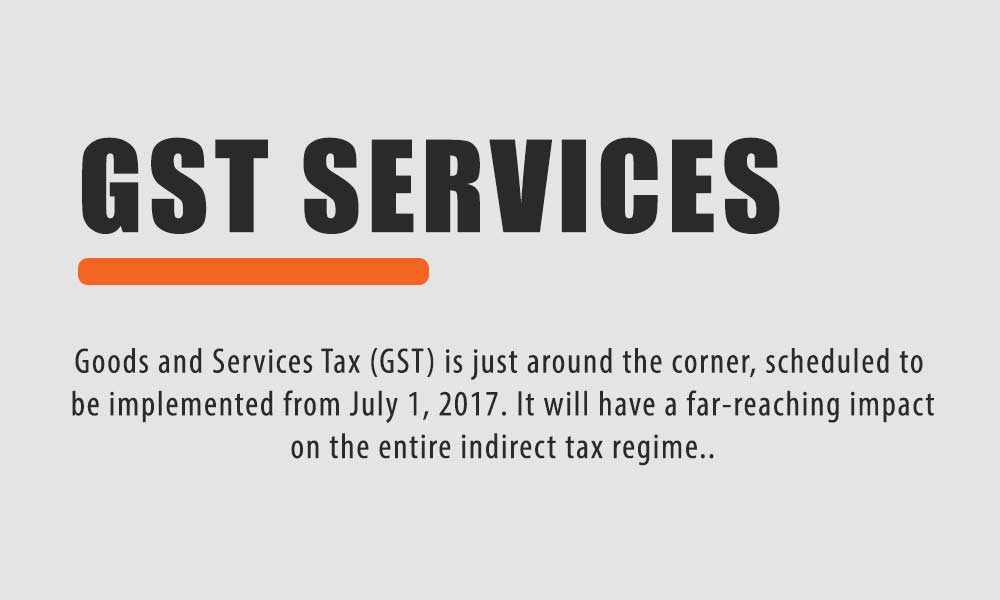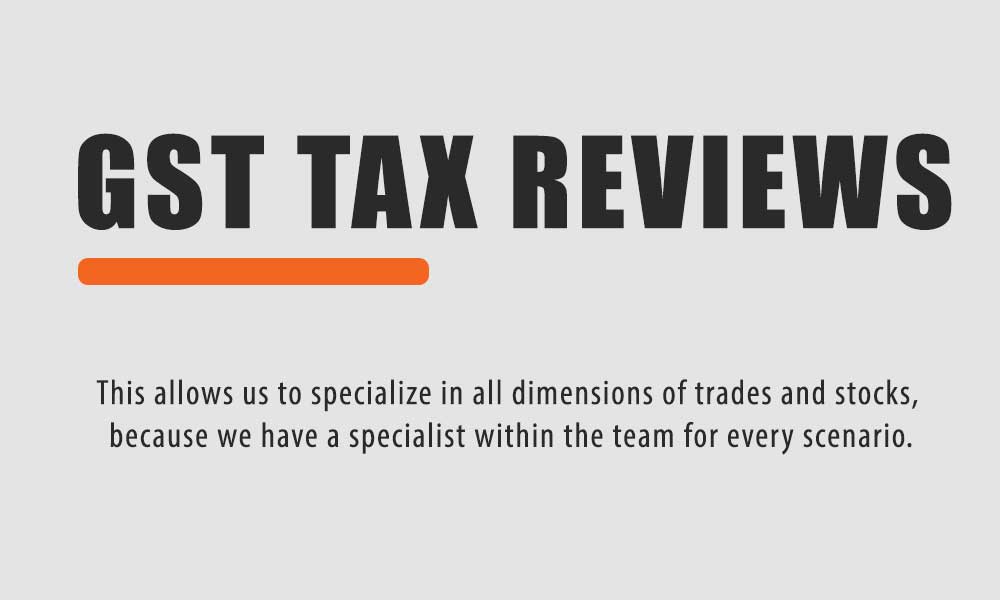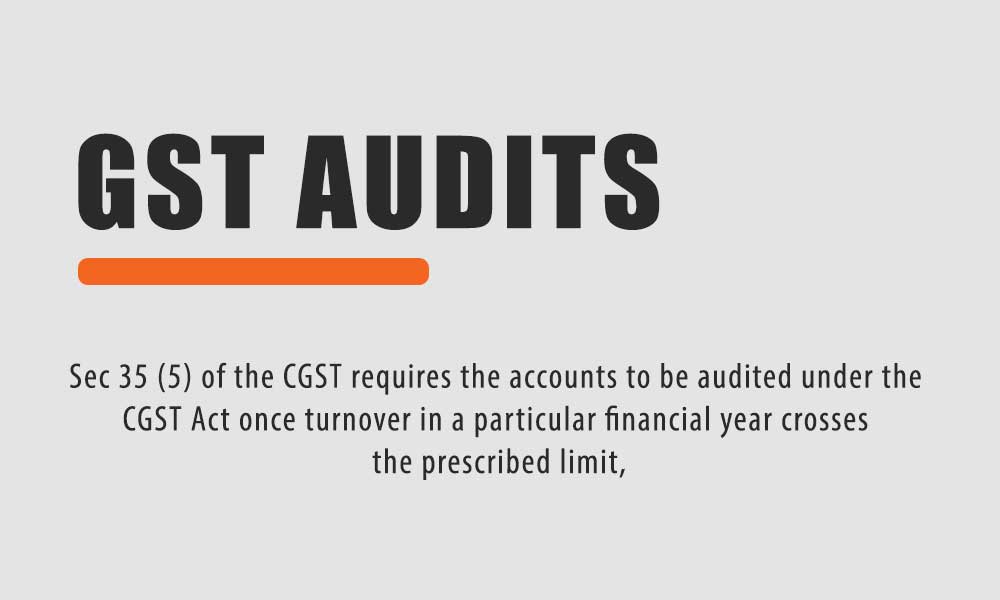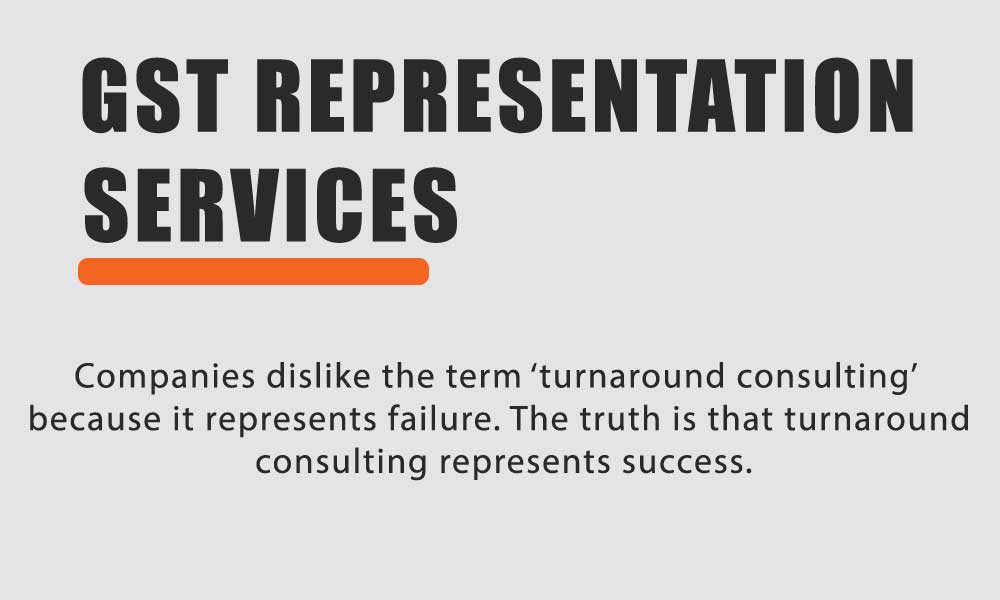C u s t o m s
Customs
Customs Duty is levied in exercise of powers conferred in Entry 83 of the Seventh Schedule to the Constitution. It is attracted on import and export of goods. As a matter of policy, exports are generally kept outside the purview of the levy to promote foreign exchange earnings and to make locally produced goods competitive in the export market.
Concept
Customs Duty is levied in exercise of powers conferred in Entry 83 of the Seventh Schedule to the Constitution. It is attracted on import and export of goods. As a matter of policy, exports are generally kept outside the purview of the levy to promote foreign exchange earnings and to make locally produced goods competitive in the export market. The law relating to Customs Duty is set out in the Customs Act, 1962 and the rules and regulations made thereunder.
Taxable event
The taxable event, which attracts the levy of Customs is import or export of goods into or out of India. In case of imported goods, the duty liability is to be discharged before the goods are cleared for home consumption. Section 12 is the charging section. There is an option to store the goods in a private-bonded warehouse or public-bonded warehouse before they are cleared for home consumption, which would enable the importer to defer the duty liability.
Classification of goods
Once the taxable event of import or export occurs, the goods would attract the duty liability at the rates prescribed in the Schedule to the Customs Tariff Act, 1975. As in Central Excise for the purpose of classification, the interpretative rules and chapter/section notes laid down in the Tariff and HSN are often referred to determine the rates at which tax has to be imposed and to decide the exemption status of the goods.
Valuation
Valuation of goods has to be determined in terms of section 14 of the Customs Act. The Central Government has notified rules to determine the value of goods under various circumstances. The Department can even ignore the transaction value declared by the importer or exporter and determine the transaction value based on specified criteria in the rules. One of the common methods used by the Department is to look at contemporaneous imports/exports of similar goods by other importers/exporters. Valuation disputes are many in Customs Law context particularly if the transactions are between related parties. There is a Special Valuation Branch (SVB) to which matters are referred by the departmental officers to determine the transaction value of imports/exports.
Duty payment
In case of imports, the duty liability is to be discharged at the time the goods are cleared for home consumption. In case of export goods, duty has to be discharged after confirmation that they are not prohibited goods and before order for clearance and loading of goods for exportation.
Exemption
Exemption is given by the Central Government in respect of goods or persons in terms of section 25 of the Customs Act. The aim and purpose is to serve public interest by granting such exemptions.
Exemption
Levy of Central Excise Duty is attracted on all goods manufactured or produced in India. The Central Government is empowered to exempt certain goods or persons from the levy of Central Excise Duty. Such exemptions are need based and intended to serve public interest. Exemptions are also considered as a method to free certain goods or persons from the levy of Central Excise duty in consonance with the policy of the Government. Basic exemption limit under central excise is for turnover upto Rs. 150 lacs.
Demand of duty, etc
In Customs Law also, the concept of self-assessment has been introduced w.e.f. 8.4.2011. In case of default in payment of duty due to any reasons, the Customs Officer has the power to recover duty in terms of s 28 of the Act, subject to time limits prescribed for demand. The Customs Officers are empowered to confiscate the offending goods including the conveyance and to impose penalties on the offenders. The Customs Act also prescribes a proper adjudication and appellate mechanisms to resolve disputes between the duty payers and the Department.













